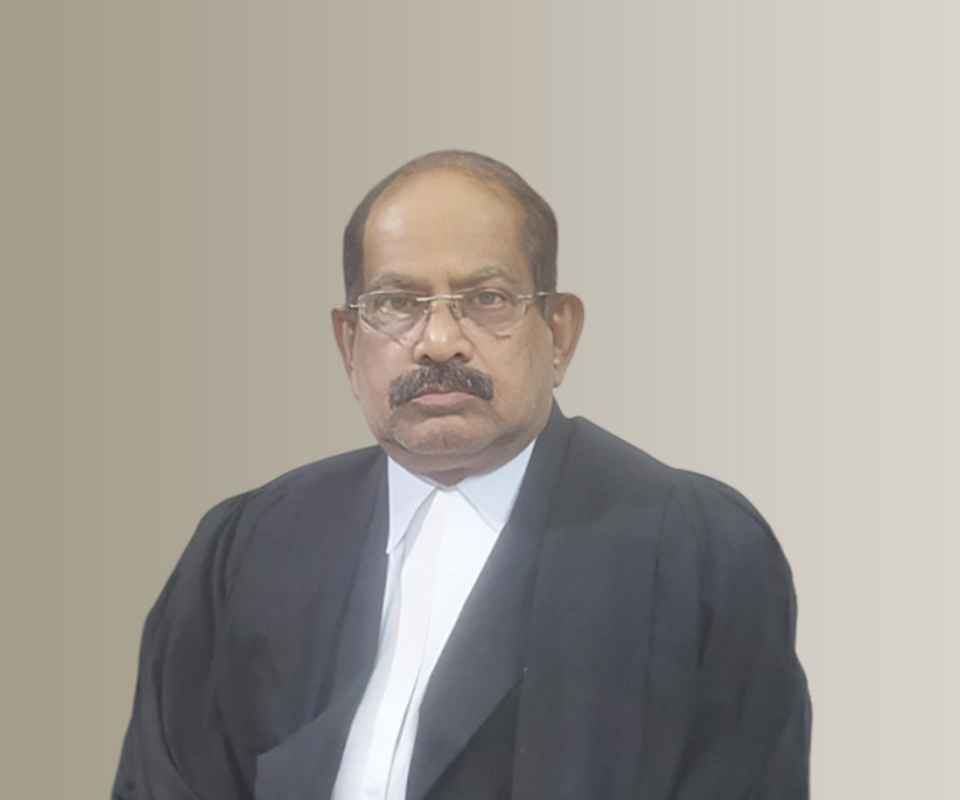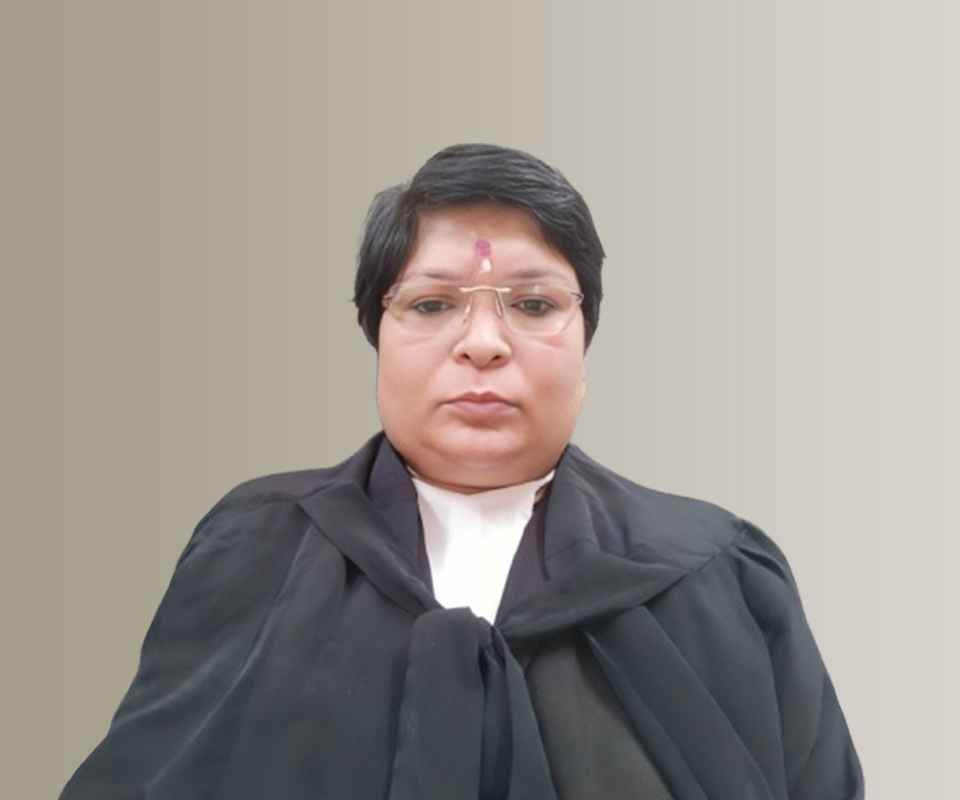Answer By law4u team
A trust deed is a legal document that outlines the terms and conditions under which a trust is created and managed. It acts as the foundational document of a trust, detailing the roles and responsibilities of the settlor (the person creating the trust), the trustee (the person managing the trust), and the beneficiaries (those who will benefit from the trust). The trust deed also specifies the assets that are transferred to the trust and the way these assets will be managed and distributed.
Key Components of a Trust Deed:
Name of the Trust:
The trust deed will specify the name of the trust. This is important for identification and legal purposes.
Details of the Settlor:
The settlor is the person who creates the trust by transferring assets into it. The deed will include the settlor's name, address, and other relevant identification details.
Details of the Trustee(s):
The trustee is responsible for managing the assets of the trust and ensuring that the trust operates according to its terms. The trust deed will identify the trustee(s) and outline their powers, duties, and obligations in managing the trust.
Details of the Beneficiaries:
The beneficiaries are the individuals or entities that will benefit from the trust. The trust deed will specify who the beneficiaries are and what rights they have to the assets in the trust.
Trust Purpose:
The purpose of the trust is a key element in the trust deed. It could be for family wealth management, charitable purposes, or any other lawful objective. The purpose will guide how the trust assets are managed and distributed.
Trust Assets:
The deed will outline the assets that are being transferred into the trust. This can include real estate, investments, bank accounts, or any other form of property. It will specify how these assets are to be managed by the trustee.
Powers and Duties of the Trustee:
The trust deed outlines the powers of the trustee, including the authority to manage, invest, or distribute the trust assets. It will also detail the trustee’s duties, which may include maintaining records, filing tax returns, and acting in the best interest of the beneficiaries.
Duration of the Trust:
The trust deed specifies the duration of the trust. Some trusts are created for a specific period, while others may continue until certain conditions are met (such as the death of the settlor or the achievement of a certain objective).
Revocability:
If the trust is revocable, the settlor can change the terms of the trust or dissolve it during their lifetime. An irrevocable trust, on the other hand, cannot be altered once it is created.
Distribution of Trust Assets:
The trust deed specifies how the assets will be distributed to the beneficiaries. This could involve specific amounts at certain times, conditions that must be met (such as age requirements), or other factors.
Dispute Resolution:
The deed may contain provisions for resolving any disputes that arise among the settlor, trustee, or beneficiaries, including how disagreements will be handled legally.
Governing Law:
The governing law section of the deed specifies which legal jurisdiction applies to the trust, particularly in the case of any legal proceedings or disputes.
Function of the Trust Deed in the Creation and Management of a Trust:
Establishes the Trust:
The trust deed formalizes the creation of the trust. Without a trust deed, a trust cannot be legally recognized.
Defines the Relationship Between the Parties:
It outlines the roles and responsibilities of the settlor, trustee, and beneficiaries.
Guides the Trustee:
The trustee must operate the trust in line with the instructions laid out in the deed. It ensures that the trustee acts in the best interest of the beneficiaries and within the powers granted.
Protects Beneficiaries' Rights:
The trust deed ensures that the beneficiaries' rights to the trust's assets are clearly stated and legally protected.
Legal Foundation for Asset Management:
It provides the legal basis for transferring assets into the trust, which helps avoid probate in the case of a private trust.
Legal Obligations Imposed by the Trust Deed:
Fiduciary Duty of the Trustee:
The trustee has a fiduciary duty to act in the best interest of the beneficiaries. This means the trustee must act with care, loyalty, and integrity in managing the trust assets. Any failure to do so could result in legal consequences.
Compliance with Terms of the Trust:
The trustee must comply with all the terms set out in the trust deed. Failure to adhere to these terms could lead to legal action by the settlor or beneficiaries.
Transparency and Accountability:
The trustee must maintain proper records of all transactions related to the trust. They must be transparent in their dealings and provide annual accounts to the beneficiaries, if required.
Tax Filing and Compliance:
The trustee is responsible for ensuring that the trust complies with any tax obligations, such as filing tax returns on income generated from the trust assets.
Registering the Trust (if applicable):
If required, the trust deed must be registered with the appropriate authorities, such as the sub-registrar, to make the trust legally effective. This is especially important for trusts involving immovable property.
Example of a Trust Deed:
Let's say that Mr. Gupta wants to create a private trust to manage his family’s wealth. He drafts a trust deed that specifies the following:
- Trust Name: Gupta Family Trust.
- Settlor: Mr. Gupta.
- Trustee: Mr. Gupta’s trusted friend, Mr. Sharma.
- Beneficiaries: Mr. Gupta’s children and grandchildren.
- Purpose: To manage and distribute Mr. Gupta’s assets (real estate, investments) for the benefit of his family.
- Trust Assets: Properties, bank accounts, and shares.
- Duration: Until Mr. Gupta’s youngest grandchild reaches the age of 25.
- Powers and Duties of Trustee: Mr. Sharma will manage the trust assets, invest them prudently, and distribute income to the beneficiaries in accordance with Mr. Gupta’s wishes.
Conclusion:
A trust deed is a critical document in the creation and operation of a trust, outlining the terms and conditions under which the trust operates. It provides a legal framework for managing and distributing assets and ensures that all parties involved – the settlor, trustee, and beneficiaries – understand their rights and responsibilities. It also offers legal protection, facilitates asset management, and helps avoid probate in the case of a private trust.







